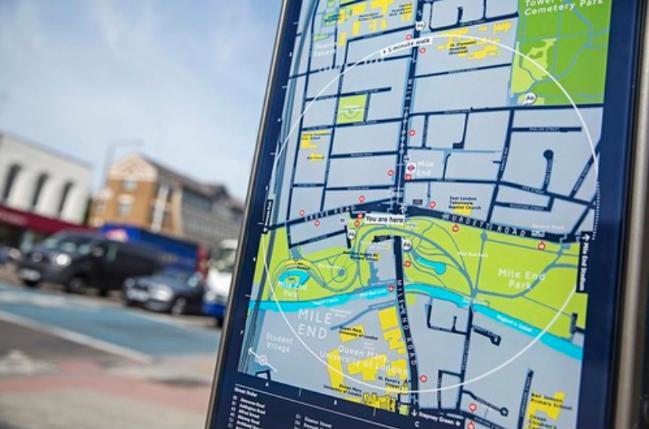Levelling-up London? What it would take to fix the damage the pandemic has done in the Covid Triangle
In our latest entry on the Levelling Up White Paper, Farah Hussain argues that the Government has not fully acknowledged the scale of the socioeconomic challenges facing Londoners and stresses that it should stop thinking of London as a 'homogenous monolith'.

Estimated Reading Time: 2 minutes.
Last week, the Government outlined its flagship Levelling Up White Paper, which it said would transform the UK by spreading opportunity and prosperity across the country. However, the plan concentrates on areas which are coincidently in the so-called 'Red Wall' and represented by Conservative MPs, at the expense of outer East London which continues to experience the damage of the Covid-19 pandemic. As a university which tries to play an active role in its community (with a student body with a large proportion of East Londoners), at Queen Mary, we know that if the Government truly wants to level-up the whole country, it will need to rethink its strategy towards East London.
As a local councillor in the London Borough of Redbridge, I have seen first-hand what the challenges in outer East London are. Poor housing conditions, inaccessible primary care health facilities and precarious work are commonplace in pockets across Barking and Dagenham, Redbridge, and Newham. While they have existed for a long time (just ask someone from Ilford about the decline of the town centre), these issues were brought to the fore during the Covid pandemic when the informal sub-region was dubbed the 'Covid Triangle' by the Financial Times. During the peak of the second wave, the three outer East London boroughs jostled for the top spot on the country's infection rate league table. Deprivation, economic inequality, poor long-term health and large immigrant populations means that the odds were always going to be stacked against these places during a global pandemic.
All three of the local councils that cover these areas have strategies in place to tackle the ongoing issues which made their communities so vulnerable to the pandemic. But their hands are tied by a lack of resources, caused by a decade of cuts to core local government funding and a dearth of real power to enable long-term change. Any effect that they can have on improving outcomes can only ever be piecemeal.

The Levelling Up plan, spearheaded by Michael Gove, says that the policy is not about pitting parts of the country against each other and that improving life chances in the North and Midlands will improve the South East by alleviating pressure on the region. But what the plan fails to grasp is that the pressures that exist in London, particularly outer East London, will not be solved by policies designed to discourage people from other parts of the country moving here, but because of the changing nature of these areas, stubborn pockets of deprivation and the rolling back of the public realm in places which are already falling behind their neighbours. The Government's caricature of London as a financial powerhouse, full of affluence and public services the rest of the country can only envy may have a grain of truth to it, but it does not fully acknowledge the ongoing socioeconomic challenges that remain.
If the Government is serious about improving the life chances of people who suffered the most during the pandemic, it cannot ignore outer East London. The new Levelling Up Advisory Council, tasked with providing the Government with advice on this policy area, must listen to local leaders about the resources and powers they need to make change. The Government must stop thinking about London as a homgenous monolith and acknowledge the challenges of areas that may not necessarily vote Conservative, but very much need the Conservative government to take action before the next pandemic hits.
Farah Hussain is an Honorary Research Fellow at the Mile End Institute and a Labour councillor in the London Borough of Redbridge.